Top Essential Oils for Sleep Apnea: Natural Remedies for Better Sleep
Did you know that nearly 22 million Americans suffer from sleep apnea, with many unaware of their condition? Sleep apnea, characterized by repeated stops and starts in breathing during sleep, can lead to severe health issues like hypertension, cardiovascular disease, and stroke if left untreated. For those seeking natural ways to manage symptoms, essential oils offer a promising solution. Imagine a restful night’s sleep, free from the disruptions of snoring and breathing difficulties, all through the power of nature’s own remedies.
In this article, we will explore how essential oils such as lavender, eucalyptus, and peppermint can improve breathing, promote relaxation, and enhance sleep quality. Whether you’re new to aromatherapy or looking to expand your knowledge, you’ll find practical tips and methods to incorporate these oils into your nightly routine. Join us on this journey to discover how nature’s scents can transform your sleep and improve your overall well-being.
Essential Insights for Managing Sleep Apnea
- Natural Relief: Essential oils like lavender, eucalyptus, and peppermint can aid in managing sleep apnea symptoms by promoting relaxation, reducing airway congestion, and improving respiratory function.
- Effective Methods: Nebulizing diffusers, topical applications, and steam inhalation are effective ways to incorporate essential oils into a nightly routine for sleep apnea relief.
- Safety First: If you plan on applying eo’s topically it’s crucial to them safely by diluting them with carrier oils and consulting healthcare professionals to ensure they complement existing treatment plans for sleep apnea.
- Holistic Benefits: Incorporating essential oils into your sleep regimen can enhance overall well-being, providing a natural, non-invasive complement to conventional treatments like CPAP machines.
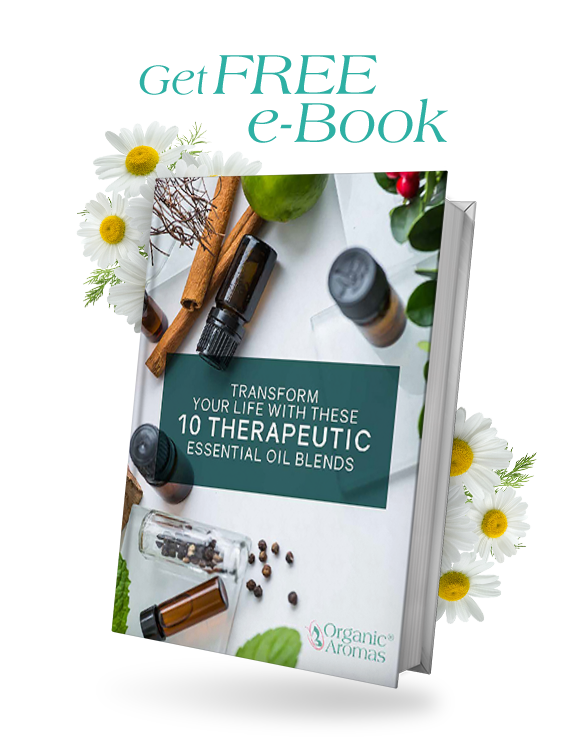
Sign Up to Get Your FREE Essential Oils e-Book Here
Understanding Sleep Apnea
Sleep apnea is a condition characterized by repeated stops and starts in breathing throughout the night, leading to multiple deep sleep disturbances and making individuals feel unrested despite sleeping for recommended hours. There are two primary types: obstructive sleep apnea (OSA), which occurs when throat muscles relax and block airflow, and central sleep apnea (CSA), where the brain fails to send proper signals to the muscles that control breathing.
Common sleep apnea symptoms include:
- Excessive snoring
- Waking up abruptly at night choking or gasping for air
- Waking up with a dry mouth
- Morning headaches
- Excessive daytime sleepiness
To reduce sleep apnea symptoms, it is essential to consult a healthcare professional for proper diagnosis and treatment.
These symptoms not only disrupt sleep but can also impact overall health, leading to hypertension, cardiovascular disease, and stroke if untreated.
Obstructive sleep apnea predominantly affects individuals with excess weight, older adults, and males. Daytime fatigue and brain fog are common struggles for sleep apnea patients, significantly impacting their quality of life. Therefore, implementing effective management and treatment strategies is crucial to reducing health risks and enhancing sleep quality.
How Essential Oils Can Help with Sleep Apnea
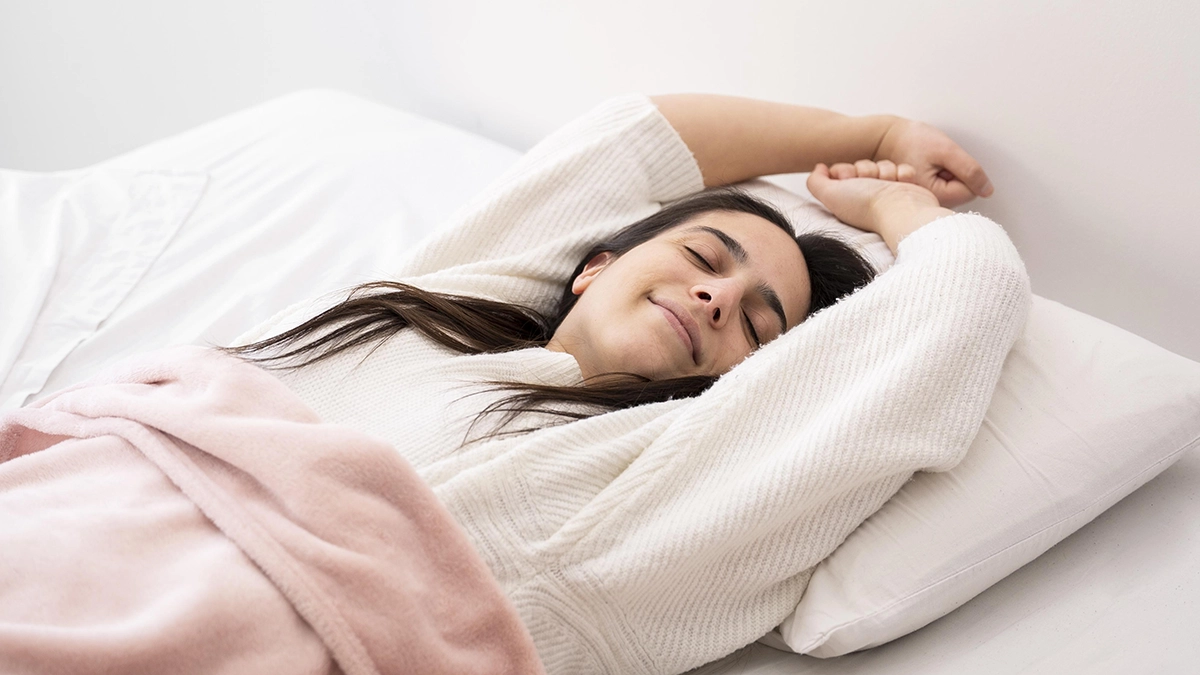
Essential oils have gained popularity as a complementary approach to managing sleep apnea symptoms. These natural remedies can enhance existing treatment plans by promoting relaxation, reducing inflammation, and improving respiratory function. While there is no explicit answer that essential oils can cure sleep apnea, their benefits make them a valuable addition to the arsenal of treatments aimed at improving sleep quality.
Lavender oil is often recommended for its ability to promote better sleep and mild respiratory support. Studies have shown that lavender essential oil aromatherapy can improve respiration during sleep, offering hope to sleep apnea sufferers. Aromatherapy with essential oils can help many patients enjoy a better night’s sleep by creating a calming environment that supports relaxation and restful sleep.
Despite limited research on the direct effects of essential oils on sleep apnea, the potential benefits are promising. By incorporating essential oils into their nightly routine, sleep apnea patients may find relief from symptoms, leading to a more restful and rejuvenating sleep experience.
Science Backs Essential Oils for Sleep Apnea
The use of essential oils as a complementary treatment for sleep disturbances, including sleep apnea, has gained attention. Although direct evidence on essential oils specifically for sleep apnea is limited, several studies suggest beneficial effects of essential oils on sleep quality, which may indirectly benefit those with sleep apnea.
Evidence
General Sleep Quality Improvement:
A systematic review of 15 quantitative studies, including 11 randomized controlled trials, found that inhalation of essential oils, particularly lavender, improved sleep quality without adverse effects1.
Effect on Snoring:
A double-blind study demonstrated a significant reduction in snoring in volunteers using an essential oil spray or gargle formulation, suggesting potential benefits for sleep-related breathing issues2.
Improvement in Insomnia Symptoms:
A pilot study showed that high concentrations of essential oil inhalations improved sleep quality and reduced insomnia symptoms, particularly in individuals with low baseline sleep quality3.
Peppermint Oil and Sleep Apnea:
A study on peppermint oil reported improvements in sleep duration and a reduction in sleep disturbances among individuals with sleep apnea. The average sleep duration increased, and disturbances decreased after using peppermint oil for 30 days4.
While more targeted research on the effects of essential oils on sleep apnea is needed, existing studies indicate that essential oils, especially lavender and peppermint, may improve overall sleep quality and reduce symptoms like snoring, potentially benefiting those with sleep apnea.
Top Essential Oils for Managing Sleep Apnea Symptoms
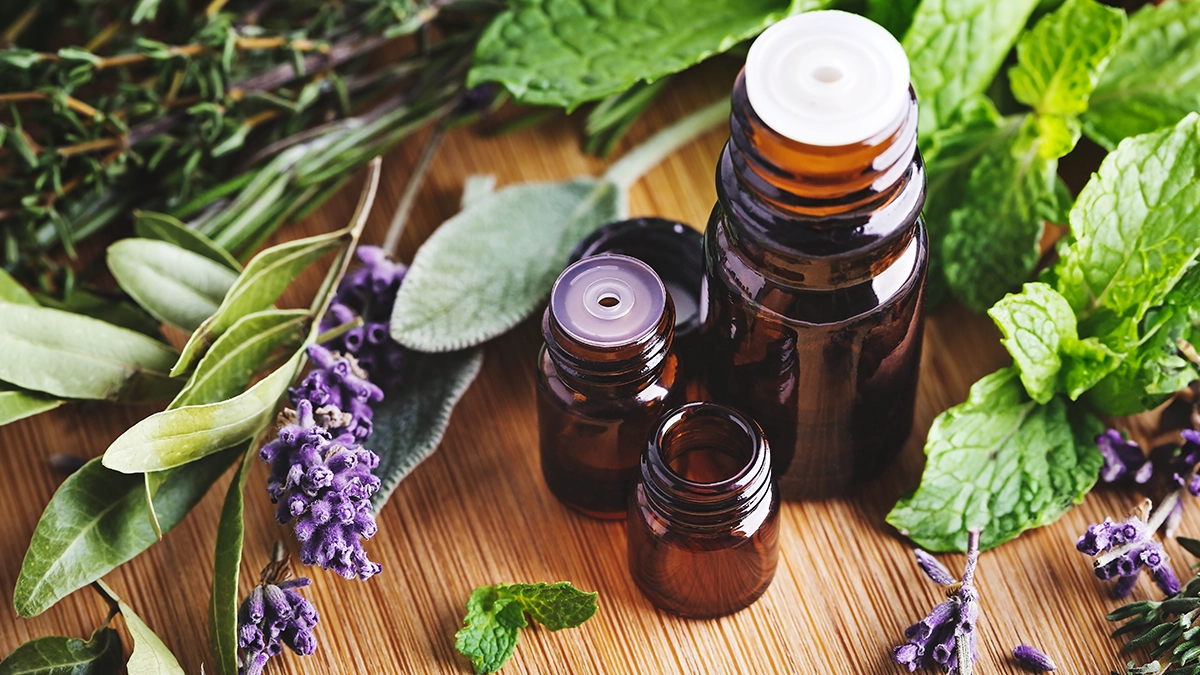
Among the myriad of essential oils available, certain ones stand out for their specific benefits in managing sleep apnea symptoms. Lavender, eucalyptus, and peppermint oils are particularly effective due to their unique properties.
Now, let’s delve into how each of these oils can aid in alleviating sleep apnea symptoms and enhancing sleep quality.
Lavender Oil
Lavender oil is well-known for its relaxation-promoting properties, making it a favorite among sleep essential oils. Its mild sedative effects can significantly improve sleep quality by reducing anxiety and helping individuals fall asleep faster. For sleep apnea sufferers, who often struggle with insomnia, lavender oil can be a game-changer.
A study found that long-term use of lavender essential oil reduced sleep disturbances in those with sleep apnea. Additionally, research-based evaluations by nurses recommend lavender aromatherapy for various sleep disorders, including sleep apnea. Adding lavender oil to your nightly routine can foster a serene environment, encouraging better sleep.
Eucalyptus Oil
Eucalyptus oil is another powerful essential oil that can benefit sleep apnea patients by:
- Relieving airway congestion
- Making it easier to breathe
- Reducing mucus and congestion in the airways
- Improving respiratory function
- Reducing snoring, a common symptom of sleep apnea
Using eucalyptus oil in a spray or gargle form can help decrease snoring, providing relief for those who struggle with loud snoring at night. Placing a few drops of eucalyptus essential oil in a diffuser before bedtime can help maintain clear airways throughout the night, promoting better sleep.
Peppermint Oil
Peppermint oil is renowned for its anti-inflammatory properties, making it an excellent choice for reducing airway congestion and improving breathing during sleep. Its menthol content helps clear mucus and reduce inflammation, which is particularly beneficial for sleep apnea sufferers.
Inhaling diffused peppermint oil can be a practical method to reduce snoring and improve overall respiratory health. By including peppermint oil in your nightly routine, you can enhance your ability to breathe easily and enjoy a more restful sleep.
Ways to Use Essential Oils for Sleep Apnea
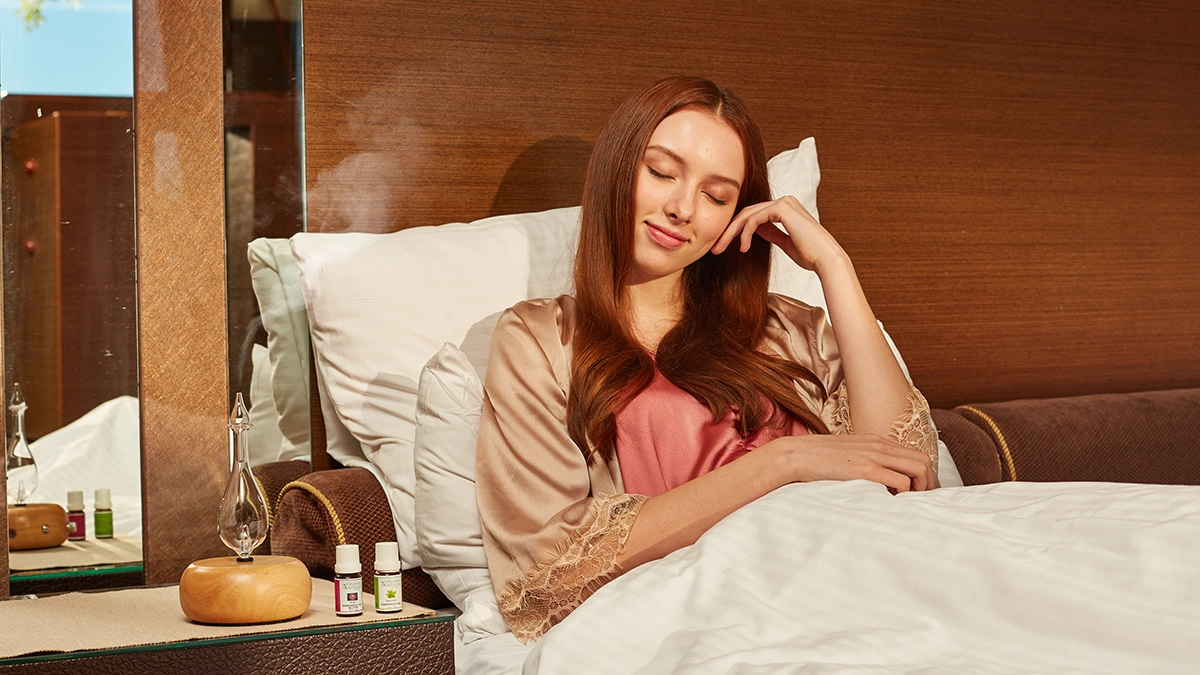
There are several effective ways to use essential oils to manage sleep apnea symptoms. Aromatherapy diffusers, topical application, and steam inhalation are among the most popular methods. Each technique offers unique benefits and can be easily incorporated into your nightly routine to promote better sleep and improved breathing.
Nebulizing Diffusers
Nebulizing diffusers work by dispersing pure essential oils into the air, allowing for continuous inhalation throughout the night. Using a diffuser in the bedroom can help maintain a steady release of essential oil vapors, promoting better sleep and improved respiratory function.
Different types of diffusers, such as nebulizing and ultrasonic diffusers, can be used to disperse essential oils effectively. However, ultrasonic diffusers can put unwanted moisture in the air. Additionally, combining various essential oils in a diffuser can create a tailored blend that supports relaxation and eases breathing difficulties associated with sleep apnea.
Topical Application
Topical application of essential oils involves diluting them with a carrier oil and applying them to the skin, particularly on the chest, neck, or back. This method can help open airways and improve breathing by allowing the oils to be absorbed through the skin and provide localized benefits.
Chest rubs containing eucalyptus essential oil are especially effective for reducing airway congestion. Integrating topical applications into your nightly routine can bolster your ability to breathe comfortably, leading to a more peaceful sleep.
Steam Inhalation
Steam inhalation with essential oils is a powerful method for clearing nasal passages and improving overall breathing. To perform steam inhalation, follow these steps:
- Add a few drops of essential oil to a bowl of hot water.
- Lean over the bowl and cover your head with a towel to trap the steam.
- Inhale deeply for several minutes, allowing the steam and essential oil vapors to penetrate your nasal passages.
This technique can be particularly beneficial for sleep apnea sufferers dealing with airway congestion.
Incorporating breif steam inhalation into your pre-bedtime routine allows you to reap the benefits of essential oils while maintaining clear nasal passages, thus ensuring a more peaceful and uninterrupted sleep.
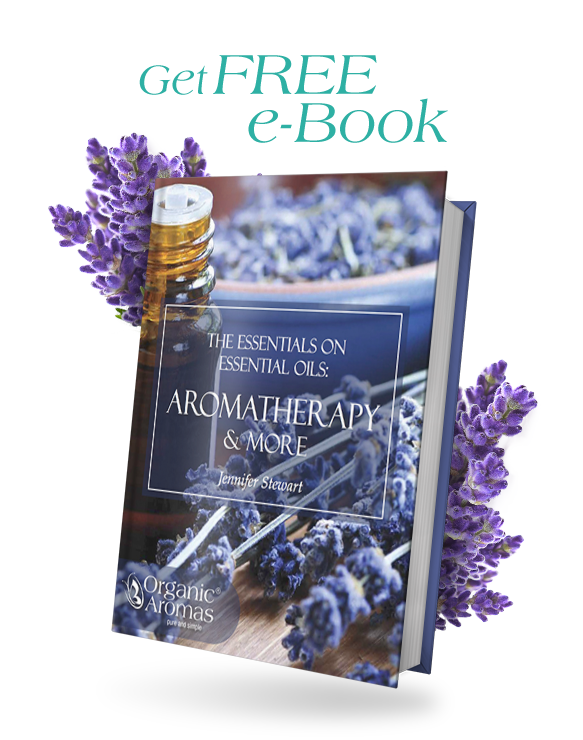
Sign Up to Get Your FREE
e-Book Here…
Transforming Sleep Apnea: John’s Success Story with Essential Oils and a DIY Sleep Spray
John T., a 45-year-old software engineer, struggled with sleep apnea for years. His nights were filled with frequent awakenings, snoring, and a constant feeling of exhaustion during the day. Desperate for relief, John decided to explore natural remedies and discovered the potential benefits of essential oils. After consulting with his healthcare provider, he began incorporating eucalyptus oil into his nightly routine.
Within weeks, John noticed a significant reduction in his symptoms. He slept more soundly and felt more rested each morning. Encouraged by these results, he also added lavender and peppermint oils to his regimen, creating a personalized blend that further enhanced his sleep quality.
John was also advised by his doctor to use a CPAP machine, which he initially found off-putting and uncomfortable. However, the soothing effects of the essential oil sleep spray made the experience much more tolerable.
John’s Actionable Advice:
- Start Small: Begin with a single essential oil, such as eucalyptus, to see how your body responds.
- Create a Routine: Consistency is key. Use the oils every night as part of your bedtime routine.
- Combine Methods: Experiment with different methods like diffusers, topical applications, and steam inhalation to find what works best for you.
Sleep Spray Recipe
- 10 drops lavender essential oil
- 5 drops eucalyptus essential oil
- 5 drops peppermint essential oil
- 1 cup distilled water
- 1 tablespoon witch hazel (optional, helps the oils mix better)
Instructions
- Combine the essential oils and witch hazel (if using) in a small spray bottle.
- Add the distilled water.
- Shake well before each use.
- Lightly mist your pillow and bedding before sleep to create a calming and therapeutic environment.
By following these steps and incorporating essential oils into your nightly routine, you too can experience the potential benefits of improved sleep and reduced sleep apnea symptoms.
Essential Oil Blends for Better Sleep
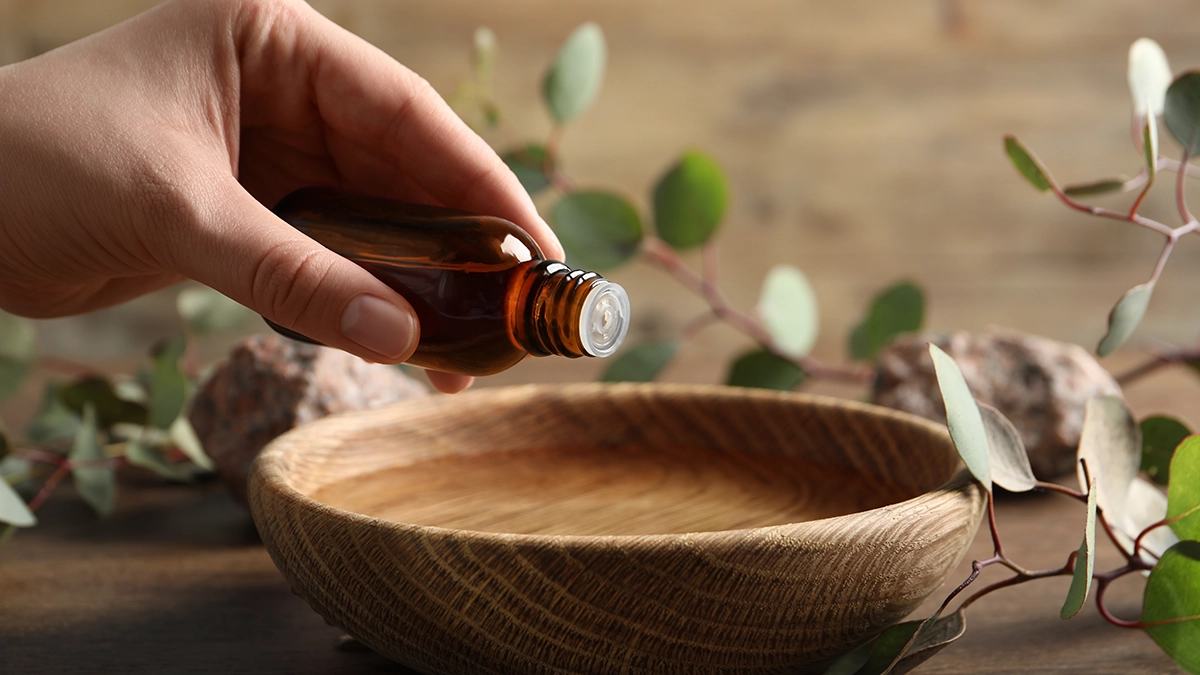
Combining essential oils can create powerful blends that enhance the effects of each individual oil. Whether you’re looking for relaxation, respiratory support, or anti-inflammatory benefits, essential oil blends can provide comprehensive support for sleep apnea relief.
Relaxation Blend
The relaxation blend combines the following oils to promote relaxation and reduce sleep disturbances:
- Lavender: Lavender’s mild sedative effects can create a peaceful state of mind.
- Chamomile: Chamomile helps calm the mind by binding with benzodiazepine receptors in the body.
- Vetiver: Vetiver oil has a grounding and calming effect, helping to reduce anxiety and promote relaxation.
Vetiver oil complements this blend by promoting deep, restful sleep and reducing anxiety. Together, these oils create a powerful blend that can help manage stress and anxiety, leading to a more restful sleep experience.
Respiratory Support Blend
The respiratory support blend includes:
- Eucalyptus oil: acts as a natural decongestant, reducing airway inflammation and mucus
- Peppermint oil: helps clear mucus out of the sinuses and airways, reducing congestion that can interfere with sleep
- Thyme oil: supports clearer airways and facilitates easier breathing
Thyme oil, rich in thymol, effectively reduces airway inflammation and congestion, further supporting respiratory health. This blend can be particularly beneficial for those suffering from sleep apnea, helping them breathe easier and sleep better.
Anti-Inflammatory Blend
The anti-inflammatory blend combines ginger and oregano oils to reduce airway inflammation and promote better respiratory health. Ginger essential oil is a potent anti-inflammatory, useful for clearing sinuses and soothing airway inflammation.
Oregano oil contains thymol, which reduces congestion and airway inflammation. By combining these oils, you can create an effective blend that supports respiratory health and alleviates sleep apnea symptoms.
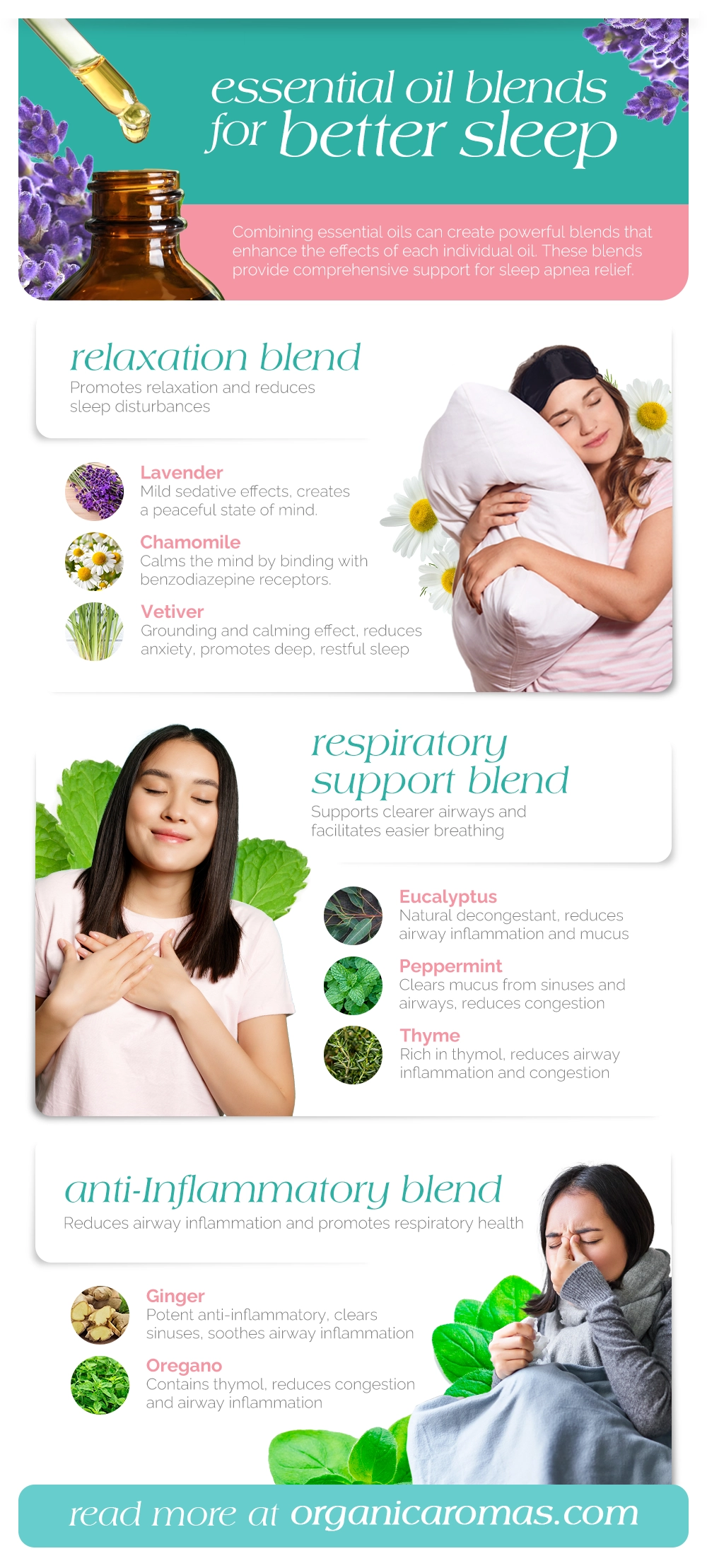
Safety Tips and Precautions
To avoid potential side effects, it’s of utmost importance to use essential oils safely. Always dilute essential oils with a carrier oil like coconut or jojoba oil before applying them to the skin to prevent irritation. Perform a patch test to determine if you’re allergic to a specific essential oil before regular use.
Never ingest essential oils without the guidance of a healthcare professional, as they can cause serious side effects if not used properly. Purchase high-quality, 100% pure essential oils to avoid irritation or allergic reactions. Patients with severe asthma or other respiratory conditions should use aromatherapy with caution.
During pregnancy, it is important to avoid certain essential oils. Here are some guidelines to follow:
- Avoid essential oils like sage, rosemary, and juniper, as they can stimulate contractions.
- Refrain from direct inhalation of essential oils during the first trimester of pregnancy.
- Avoid applying essential oils to areas where a breastfeeding baby may ingest them.
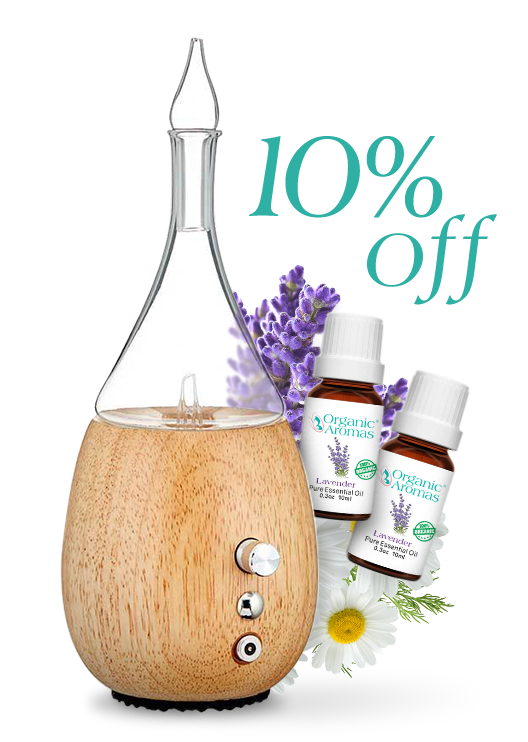
Join Now and Get a Coupon for 10% Off!
Seeking Professional Advice
Before embarking on any new treatment regimen, including aromatherapy, it’s imperative to seek advice from healthcare professionals. Sleep specialists, primary care physicians, and dentists can provide tailored treatment plans for sleep apnea based on individual needs.
Professional treatment is invaluable for managing severe sleep apnea effectively. By consulting a medical professional, you can ensure that your treatment plan is comprehensive and tailored to your specific condition, helping you treat sleep apnea.
Holistic Approaches to Improve Sleep Quality
Holistic approaches can significantly enhance high quality sleep, in conjunction with the use of essential oils. A balanced diet rich in essential nutrients like tryptophan supports serotonin production, which is crucial for sleep regulation. Regular exercise can also enhance sleep quality by promoting deeper sleep cycles.
Maintaining proper sleep hygiene, such as keeping the bedroom dark and cool, can create an environment conducive to better sleep. Practices like meditation and yoga can help manage stress, further improving sleep quality. Combining these holistic methods with better sleep essential oils can lead to a more restful and rejuvenating sleep experience.
A Natural Approach to Alleviating Sleep Apnea and Enhancing Sleep Quality
Essential oils can be a powerful natural remedy for managing sleep apnea symptoms and improving sleep quality. Lavender, eucalyptus, and peppermint oils offer unique benefits that can help create a more restful sleep environment. Using these oils through various methods, such as diffusers, topical applications, and steam inhalation, can enhance their effectiveness.
Incorporating essential oil blends and holistic approaches can provide comprehensive support for sleep apnea relief. Always consult healthcare professionals before starting new treatments and prioritize safety when using essential oils. With these strategies, you can take significant steps toward a better night’s sleep and improved overall health.

Join Now and Get a Coupon for 10% Off!
Frequently Asked Questions
Can essential oils cure sleep apnea?
Essential oils cannot cure sleep apnea, but they can help manage symptoms and improve sleep quality by promoting relaxation and improving respiratory function.
How should essential oils be diluted for topical application?
To avoid skin irritation, it’s important to dilute essential oils with a carrier oil like coconut or jojoba oil before applying them topically.
What are some effective essential oil blends for sleep apnea?
You can try using essential oil blends such as the relaxation blend (lavender, chamomile, vetiver), respiratory support blend (eucalyptus, peppermint, thyme), and anti-inflammatory blend (ginger, oregano) to help with sleep apnea. These blends can promote relaxation, support respiratory health, and reduce inflammation.
Are there any precautions to take when using essential oils?
When using essential oils, it’s important to perform a patch test, dilute the oils, avoid ingestion without professional guidance, and consult healthcare professionals if you have underlying conditions. Always prioritize safety and follow these precautions.
What holistic approaches can improve sleep quality alongside essential oils?
Incorporating a balanced diet, regular exercise, good sleep hygiene, and stress management techniques like meditation and yoga can greatly improve sleep quality. These holistic approaches work alongside essential oils to promote better rest.
- Lillehei, A., & Halcón, L., 2014. A systematic review of the effect of inhaled essential oils on sleep.. Journal of alternative and complementary medicine, 20 6, pp. 441-51
- Prichard, A., 2004. The use of essential oils to treat snoring. Phytotherapy Research, 18
- Schneider, R. (2021). Short, but Highly Concentrated, Direct Inhalations of Essential Oil Molecules Improve Poor Sleep Quality: A Natural History Controlled, Withingroup, Self-administration Field Pilot Study. , 09, 1-7
- Jayadharani, C., Devi, R., & Priya, A. (2020). Effect of Peppermint Oil among Sleep Apnea Individuals. Journal of Pharmaceutical Research, 98-101

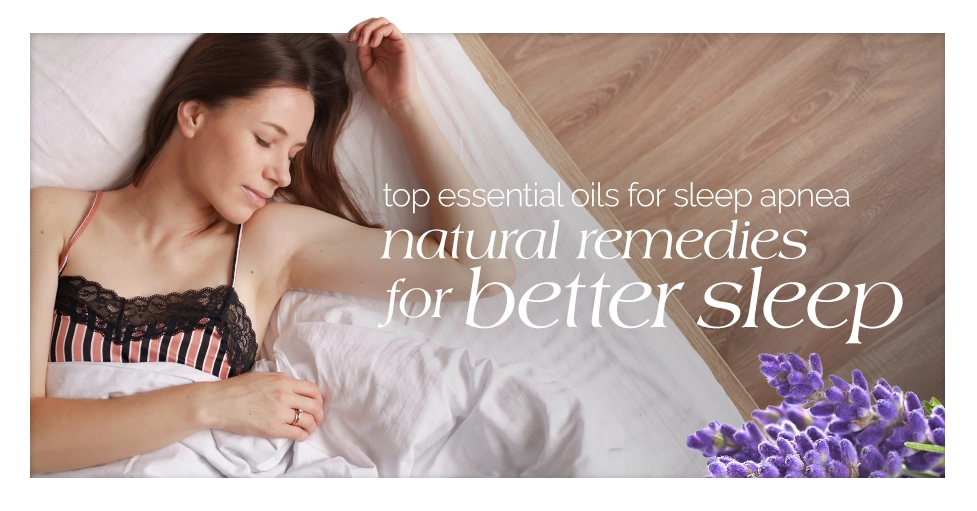
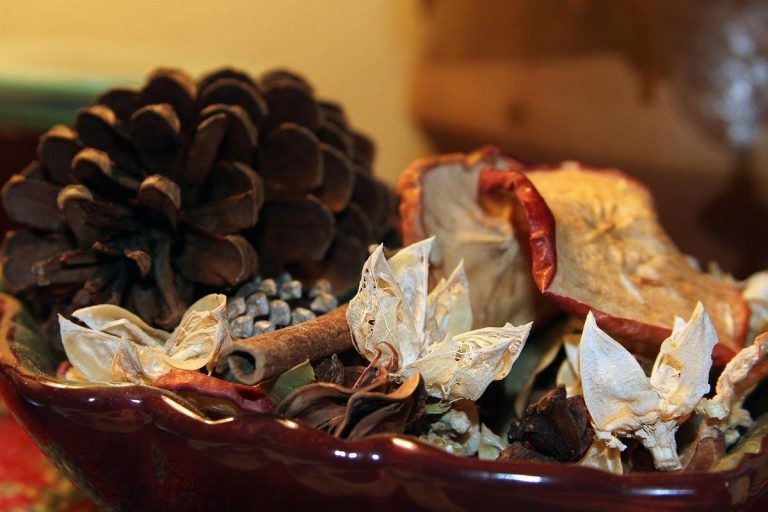
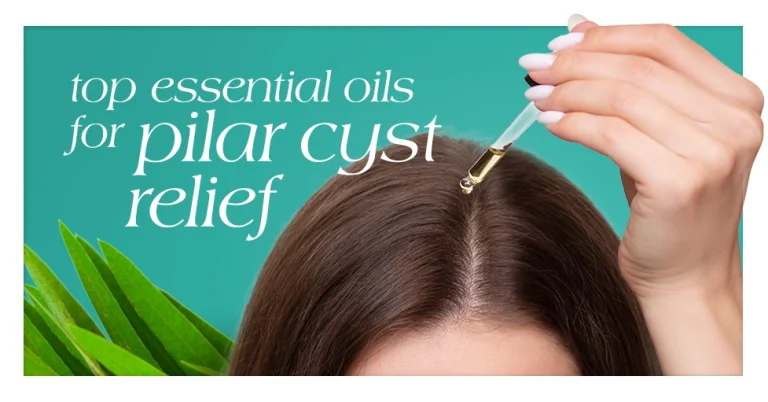
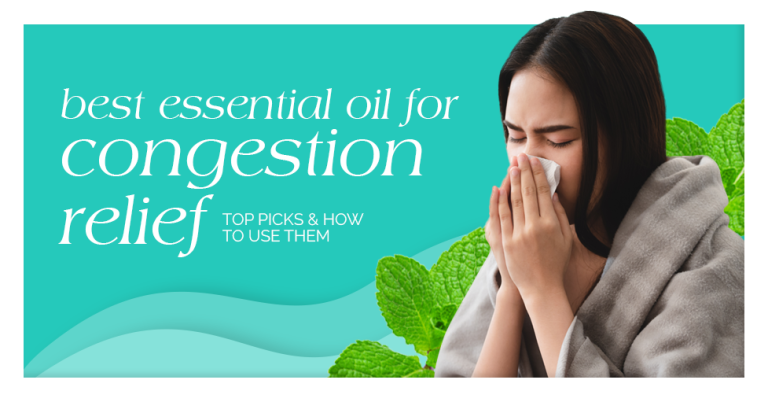



Very interesting